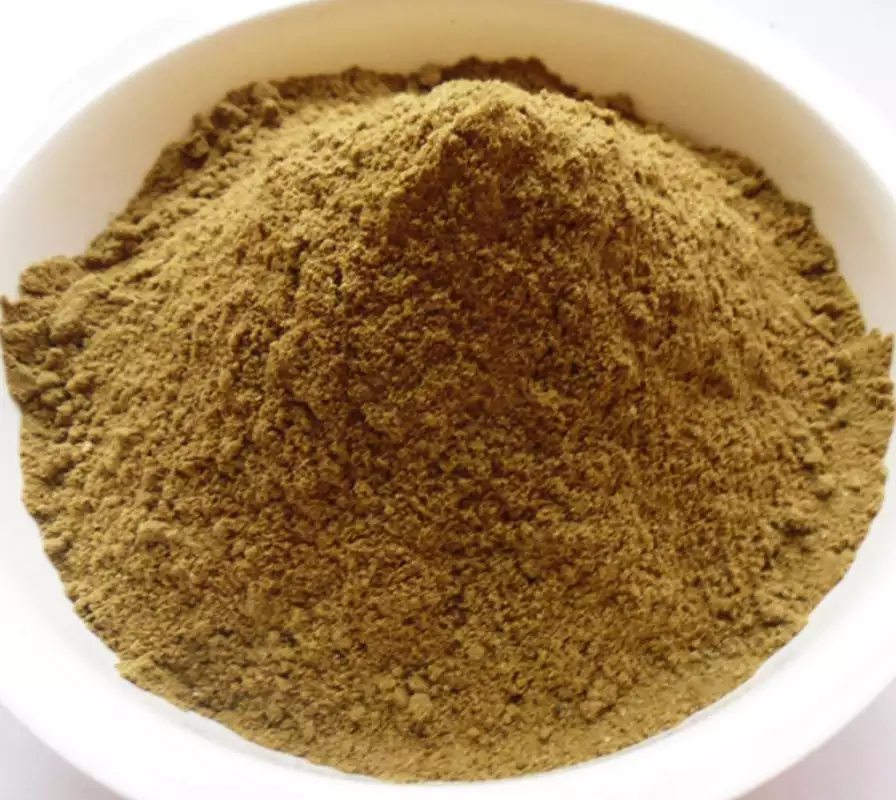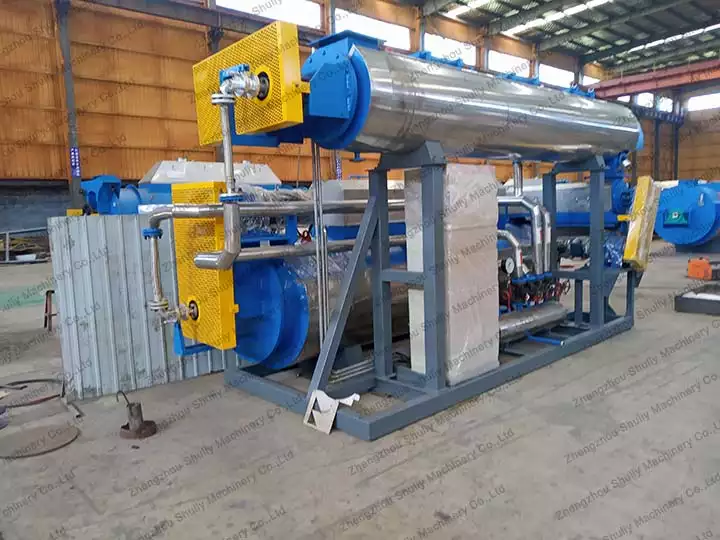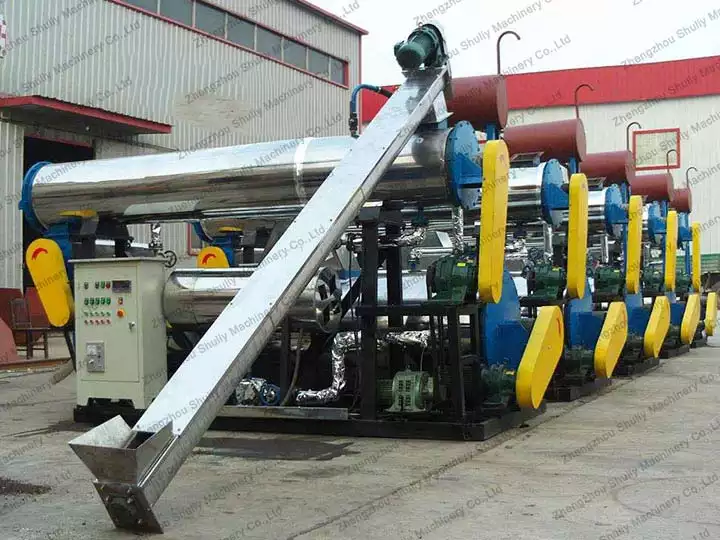La rentabilité de l'industrie de la farine de poisson a considérablement augmenté ces dernières années, et de nombreuses entreprises se tournent vers l'équipement de production de farine de poisson pour profiter de cette tendance. Examinons en détail pourquoi la machine de production de farine de poisson est très demandée, les types disponibles, et comment elles peuvent aider à améliorer les profits, en mettant l'accent sur les machines à farine de poisson de Shuliy.
Profitabilité croissante de la farine de poisson

L'industrie de la farine de poisson connaît une croissance rapide en raison de la demande croissante dans l'aquaculture, l'industrie avicole et l'élevage. La farine de poisson est un ingrédient d'alimentation très nutritif et riche en protéines, ce qui en fait une partie importante du régime animal. La hausse de la demande a conduit à une augmentation de la rentabilité de l'entreprise de production de farine de poisson.
Types de machines de production de farine de poisson


Shuliy propose une gamme de machines de production de farine de poisson pour répondre à divers besoins de production. Elles sont généralement divisées en usine de farine de poisson tout-en-un, qui combinent cuisson, pressage et séchage, et en lignes de production, comprenant des machines pour broyeur de poisson, cuiseur de poisson, presse, séchage, tamisage, broyage, refroidissement et emballage.
Contactez-nous pour nous faire part de vos besoins, nous vous recommanderons la machine la plus adaptée.
Pourquoi choisir la machine de production de farine de poisson Shuliy pour réaliser des profits ?
- Efficacité: Les machines de production de farine de poisson automatisent et rationalisent le processus de production, réduisant considérablement les coûts de main-d'œuvre et augmentant l'efficacité globale.
- Contrôle de la qualité: Avec nos machines de pointe, les entreprises peuvent maintenir un contrôle strict de la qualité pour garantir la production de farine de poisson de haute qualité, riche en nutriments.
- Amélioration de la rentabilité: En produisant de la farine de poisson, les entreprises peuvent réduire leur dépendance aux fournisseurs de nourriture commerciale coûteux, améliorant ainsi leur rentabilité.
- Personnalisation: Nous proposons une gamme de types et de tailles de machines, permettant aux entreprises de choisir l'équipement adapté à leurs besoins spécifiques de production.
- Durabilité: Produire farine de poisson en interne permet un meilleur contrôle de l'approvisionnement, favorisant potentiellement des pratiques de pêche durables et responsables.
